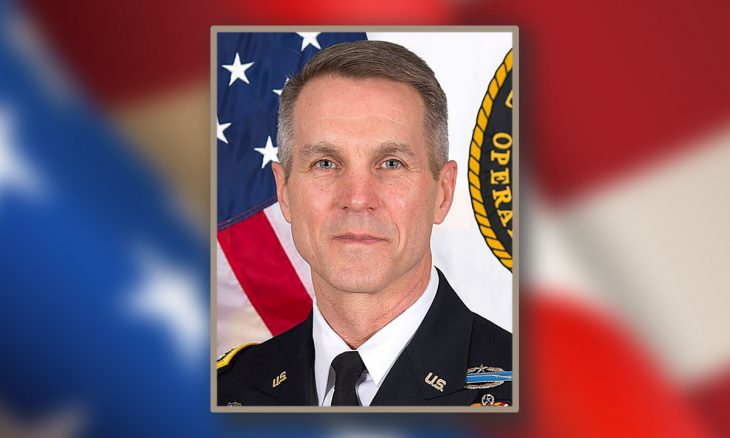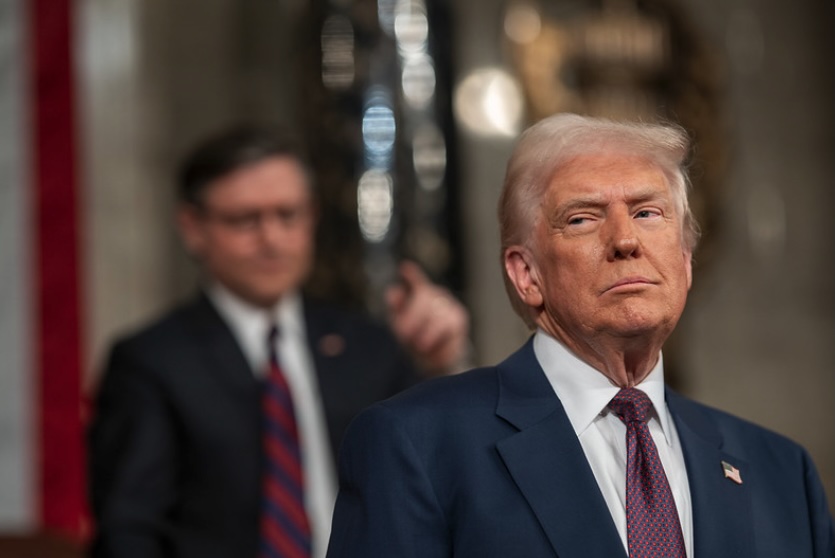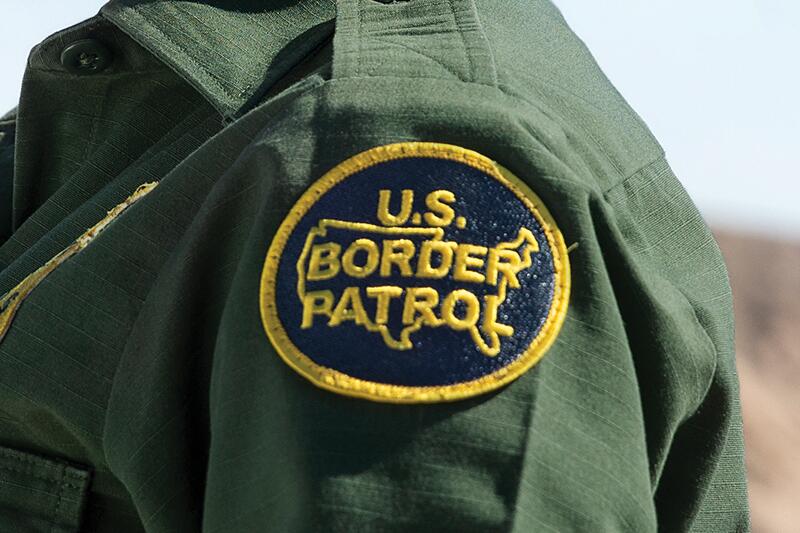General Richard Clarke
Commander, U.S. Special Operations Command
Richard D. Clarke, Jr. was born in July 1960 to an Army family in West Germany. He graduated from the United States Military Academy with a Bachelor of Science degree. He earned an M.B.A. from Benedictine College. He was commissioned into the Infantry Branch of the Army and has had considerable additional education through the military, including a master’s degree in Security and Strategic Studies from the National War College.
He has led soldiers at all levels in Airborne, Ranger, Mechanized, and Light Infantry units. He served in Europe, Iraq, and Afghanistan, in Operations Desert Shield and Desert Storm, Operation Joint Guardian in Macedonia, Operation Enduring Freedom, Operation Iraqi Freedom, and Operation Inherent Resolve.
He also served at the Pentagon as Vice Director for Strategy, Plans, and Policy for the Joint Chiefs and later as its director. He has been Commander of the United States Special Operations Command since 2019.
In the News…
General Richard Clarke, the head of U.S. Special Operations Command, said he does not believe the United States can rely on Afghanistan’s newly installed Taliban government in the fight against the threat from the Islamic State. He stated that he does not see the Taliban as a partner and noted that the threat from within Afghanistan “still exists” and is growing.
Now that U.S. troops have withdrawn, the Pentagon is relying on “over-the-horizon” capabilities. Many have questioned the feasibility of depending on such strikes without ground forces to gather real-time intelligence.
“It’s going to be harder,” without forces present, Clarke added. “Anytime you have a physical presence on the ground, it stimulates the enemy forces. You see and sense with partner forces. So it is going to be harder.”
“We’ve built amazing counterterrorism capabilities over the last 20 years,” he said. “Some of those capabilities can still be used in Afghanistan today. We have to work with Afghans that remain in Afghanistan to see and sense, and we have to work with regional allies. … The most important thing for us in Afghanistan is to understand the intel picture of where ISIS-K exists there today.”









